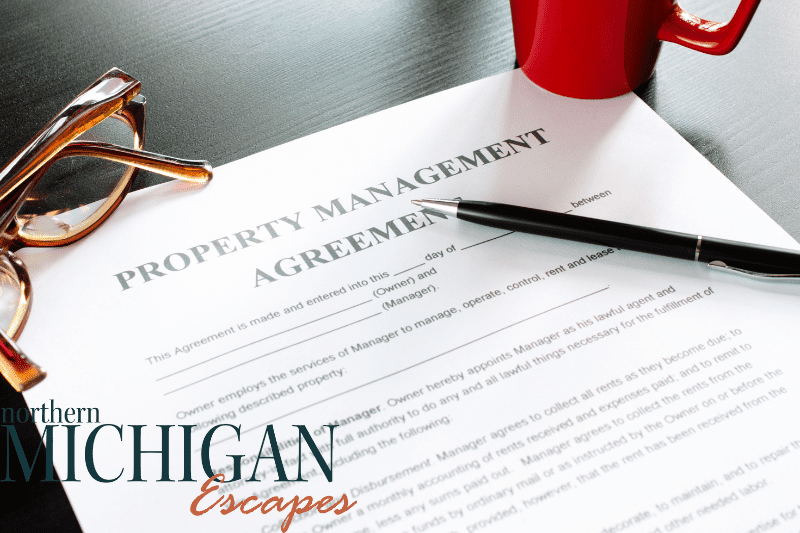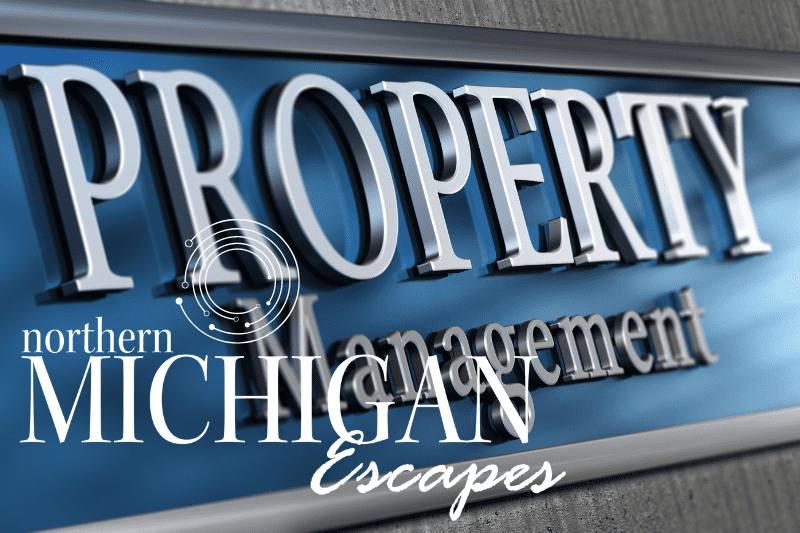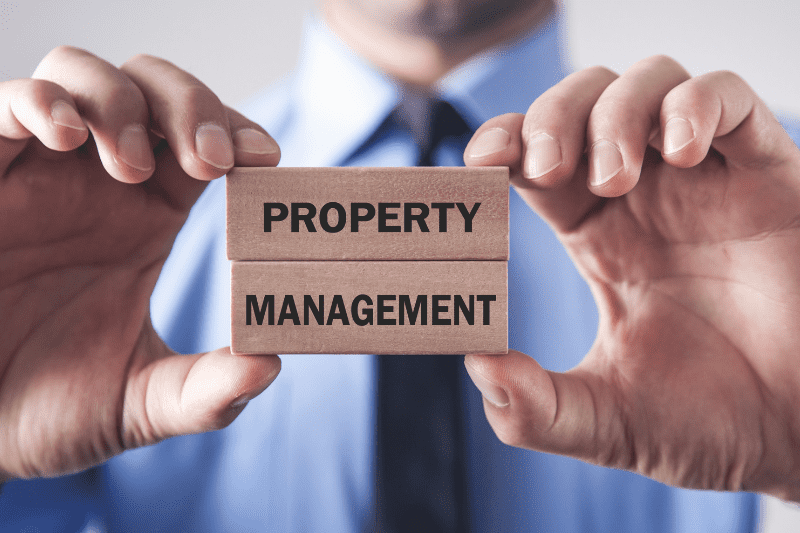Introduction to Property Management Best Practices
Managing rental properties can be challenging, especially if you own multiple properties. As a landlord or property manager, your primary goal is to ensure your properties are always in excellent condition, your tenants are happy, and your rental income is steady. However, this can be easier said than done.
The good news is we created the 7 Property Management Best Practices for successful property management. And, if you adhere to these best practices, it will put you above 99.9 percent of other managers and help to ensure your success.
- Screen well, and don’t discriminate. You can eliminate 90% of your potential issues by setting high standards and screening applicants thoroughly. But to accomplish this, you must have a structured screening process that doesn’t discriminate against any protected classes.
- Make rent payments easy and automatic. With over 15+ years of managing properties, the action that has improved our business the most is offering (and requiring) tenants to pay rent online. The key to successfully using online rent payments is: Require it in the lease –
Most states allow this, except for California, which requires you to allow one other payment method (anyway) and Use a reputable online rent payment company. Dozens of companies will help you collect rent online, but most could be better, so be wary. - Have a rock-solid lease and stick to it. If it’s not in writing, then it doesn’t count. Your ability to succeed depends on the strength and fairness of your lease. We encourage you to change your ways if you don’t use a written lease. Even if you only want to make a month-to-month arrangement, it should still be in writing. Eventually, a tenant will attempt to punch holes in your lease, and if you didn’t invest in a high-quality lease designed for your state, you probably wouldn’t be able to defend yourself.
- Inspect the property once a week. If you’re too busy to inspect a property at least once a week, you are too busy to be a property manager. Usually, some repair, issue, or regular maintenance item needs my attention once a week. Even if we hire a contractor, we still like to follow up on the work to ensure it was done correctly. Doing so allows us to inspect the entire premise.
- Be fair and honest, and make timely repairs. Every successful business knows that quality and trust are the cornerstones of customer satisfaction. Whether you operate a maid service, build homes, run a law firm, or complete the best gluten-free bread on the planet. As a property manager, if you are fair, honest, and make timely repairs, you can retain residents for extended periods and command more rent for your rentals. It’s really that simple.
- Know-how and when to use “notices.” As confident are death and taxes in this life, so are the requirements for proper notice. Above all, good use of notes is the most common pain point for landlords and managers. Every state has its needs, and giving “proper notice” before visiting the property or terminating a lease is a hassle. But, as confident are death and taxes in this life, so are the requirements for proper notice. Don’t skip it – you’ll regret it.
- Only withhold the deposit for actual, itemized damages. Occasionally, something terrible will happen. Perhaps it’s a tenant who fails to give proper notice of leaving, or he abandons the lease thoroughly, leaving you with two months of unpaid rent. You must only withhold the deposit for actual, itemized damages (material or financial). This can be rent, late fees, or the cost to repair excessive cracks. You can’t withhold a deposit because you are mad or the tenant found a loophole in your lease. You need to be able to prove the damages with receipts or a contract/lease. You can’t “double-dip” on the rent! Do the right thing!Most importantly, you can’t “double-dip” on the rent. For example, if a tenant fails to give proper notice when vacating, you could hold them responsible for the rent until “proper notice” is fulfilled. But find a replacement tenant within a few days. You can’t keep the new rent AND the former tenant’s deposit – simply because you can’t claim any actual damages (other than a few days of vacancy) since a new tenant started paying.
We sincerely hope your property management business benefits from the 7 Property Management Best Practices.
Real Estate
BrookWalsh.com’s cutting-edge search tools combine leading-edge technology with local curation to narrow your search to a particular lifestyle. Whether you’re looking for a golf course property, a beach cottage, or a magnificent estate, BrookWalsh.com has the perfect home for you. Select your preferred lifestyle from the list below to begin your house search, and then prepare to discover and purchase your dream home with Brook Walsh! Click here to search the Northern Michigan Multi-Listing Service and search by Lifestyle.
Frequently Asked Questions
- Q. What are the benefits of property management software?
A. Property management software can help you automate tasks, improve tenant communication, streamline rent collection, and access detailed reports and analytics. - Q. How can I stay up-to-date with rental regulations?
A. Stay informed about local rental laws and regulations, and ensure your rental properties meet building and safety codes. Follow fair housing laws to avoid discrimination. - Q. What is proactive property maintenance?
A. Proactive property maintenance involves scheduling regular maintenance and addressing minor repairs before they become significant problems. This can save you time and money in the long run.
Conclusion
Managing rental properties can be challenging, but implementing the seven property management best practices discussed in this article can streamline your processes, keep your tenants happy, and ensure your rental income remains steady. Set expectations with your tenants, communicate, perform regular property inspections, be proactive with maintenance, stay up-to-date with regulations, keep accurate financial records, and use property management software.
If you’re looking for professional property management services in Northern Michigan, look no further than Northern Michigan Escapes. Our team of experienced property managers can help you efficiently manage your properties and maximize your rental income. Contact us today to learn more.




